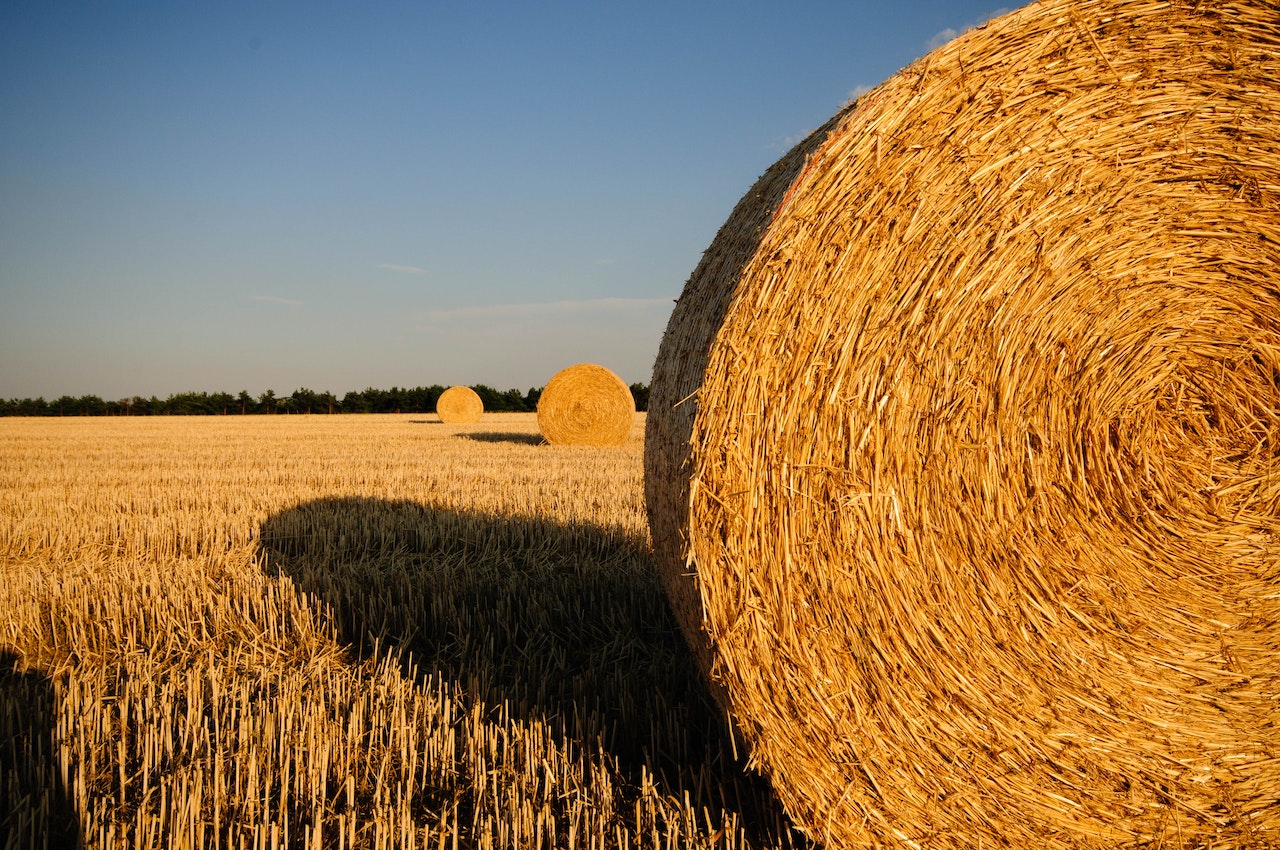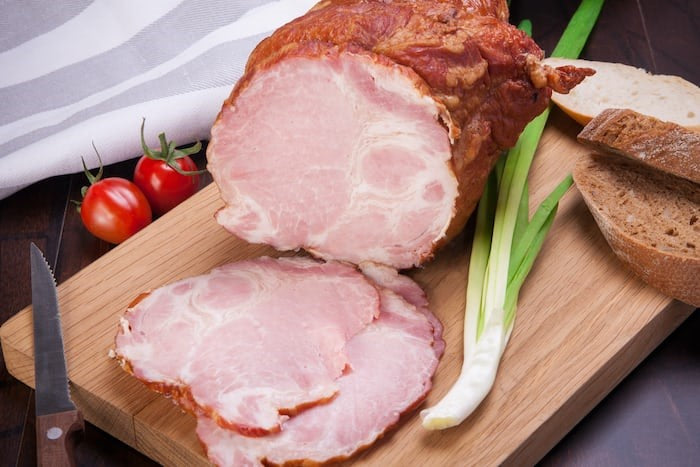
Pigs are omnivorous animals known for their ability to consume a wide range of food items. Their diet should typically consist of grains, vegetables, fruits, and occasionally animal protein. However, when considering the consumption of unconventional food sources such as ivy, it becomes essential to investigate its potential impact on their health and their overall well-being. In this essay, we will explore whether pigs can eat ivy or not. We will also be discussing the potential implications of such a diet.
Before moving into the suitability of ivy for pig consumption, it is crucial to understand the basic characteristics of a pig's digestive system. Pigs possess a monogastric digestive system, which means they have a single-chambered stomach. Which also means that they lack the ability to digest cellulose, a complex carbohydrate found in plants like ivy, efficiently. Instead, their digestive system is designed to primarily process sources of nutrients like carbohydrates, proteins, and fats.
Can Pigs Eat Ivy?
No, health wise , ivy plants should not be eaten by pigs amongst many other animals
Ivy is a woody, climbing vine commonly found in gardens, forests, and walls. While pigs may consume a variety of plants and plant parts, including leaves, stems, and roots, ivy contains certain compounds that could be potentially harmful to them.

The toxic concern of ivy goes thus:
Ivy leaves, particularly those of English ivy (Hedera helix), contain substances such as saponins, polyacetylene compounds, and falcarinol, which can be toxic to various animals, including pigs. Ingesting these compounds can lead to gastrointestinal upset, irritation of the mouth and throat, and even allergic reactions. In some worst cases, complications can lead to death.
Digestibility Of Ivy Plant
Apart from its potential toxicity, ivy also poses challenges regarding its digestibility as well as nutritional value for pigs. As mentioned earlier, pigs lack the necessary enzymes to break down cellulose efficiently. Ivy leaves contain a significant amount of cellulose, making them less digestible by pigs.
Nutritional Value of the Ivy plant
The nutritional value of ivy as a feed source for pigs is relatively low compared to their dietary requirements, which include essential nutrients like proteins, vitamins, and minerals. This is among the many reasons why ivy should be avoided. Aside from causing toxic damage, it also has little nutritional value to offer your pig.
Furthermore, feeding pigs with ivy will lead to various health issues due to its toxicity and limited nutritional value. Ivy will only cause more harm than good to your pigs. This is because Pigs require a balanced diet to meet their specific nutritional needs and to promote optimal growth, development, and overall health. Relying on ivy as a significant component of a pig's diet could result in nutrient deficiencies and potential toxicity-related problems.
Alternative and safer source of Feed for pigs:
To ensure the proper health and well-being of pigs, it is advisable to provide them with a well-balanced diet consisting of appropriate feed sources such as the commercial pig feeds formulated specifically for swine which often provide a balanced combination of grains, soybean meal, vitamins, and minerals, ensuring that the animals receive all the necessary nutrients for their growth and development.
Better still, you can rely on food stuffs like fresh grass, fresh grains, and fresh fruits such as bananas and cucumbers.
Some Benefits of Commercial Feeds:
Convenience
Commercial feeds are convenient for farmers, as they can be easily stored and transported amongst other benefits.
Economical
Commercial feeds are cost-effective and efficient, as they help farmers to manage their profits by providing a consistent supply of high-quality feed.
Immunity
commercial feeds provide pigs with a balanced diet that supports a healthy growth and development. Commercial feeds are formulated to provide the necessary nutrients that pigs need to maintain a healthy immune system.
- In general, commercial feeds are a vital tool for modern pig farming, providing a range of benefits for both farmers and pigs alike.
Some Benefits of Ivy
Ivy having a number of disadvantages doesn't exclude them from their numerous benefits.
Ivy has a number of benefits, both in the. practical and aesthetic aspect . For example, ivy can help to regulate indoor temperature and humidity levels, making it an effective natural air conditioner. Nice right?
Ivy is also a popular choice for landscaping and can be used to create attractive and aesthetic green walls or to provide ground cover in gardens.
Additionally, ivy has been used in traditional medicine for centuries and is believed to have a range of health benefits, such as reducing inflammation and improving respiratory function of the user. However, as previously mentioned it is worth noting that ivy can also be toxic if ingested, so it's important to take proper precautions when handling it. If these precautions cannot be taken, then it is best to avoid and stay away from them.
Precautions to be Taken whilst handling Ivy
Although it has been said that Ivy is a popular plant for landscaping and indoor decoration, it is still important to take proper precautions when handling it. Ivy contains a toxin, which can cause skin irritation and other allergic reactions. To avoid these health risks, it is very important to wear protective clothing when handling ivy, such as long sleeves, pants, and of course a pair of gloves. It's also a good idea to avoid touching your face or other sensitive areas while handling ivy.
Lastly, wash your hands thoroughly after handling the plant.
However, If you do come into contact with ivy and thus experience skin irritation, you can use some over-the-counter creams or ointments to relieve the symptoms. However, in severe cases, it may be necessary to seek medical attention. Overall, by taking these simple precautions, you can enjoy the benefits of ivy without putting your health at risk
Conclusion
In conclusion, while pigs have a versatile diet, it is not recommended to feed them ivy. The potential toxicity, limited nutritional value, and challenges related to digestibility make ivy an inappropriate and potentially harmful food source for pigs. To maintain their health, it is essential to provide pigs with a well-balanced diet that meets their specific nutritional requirements. By prioritising their dietary needs, we can ensure the overall well-being of these remarkable animals.



